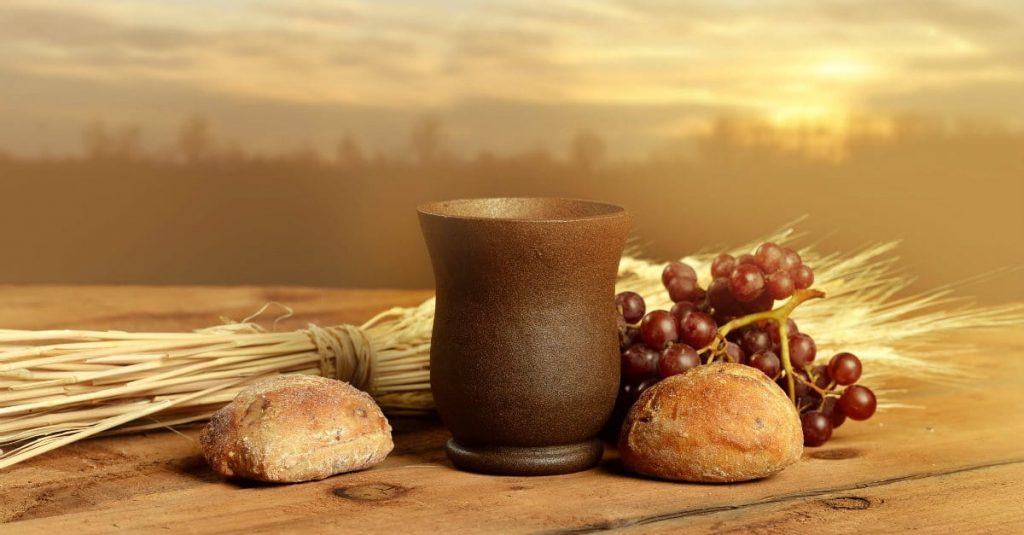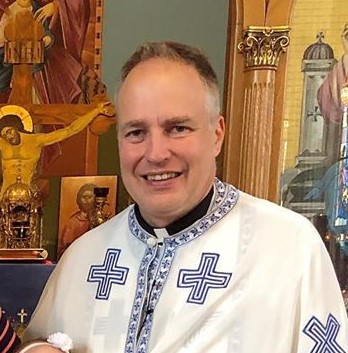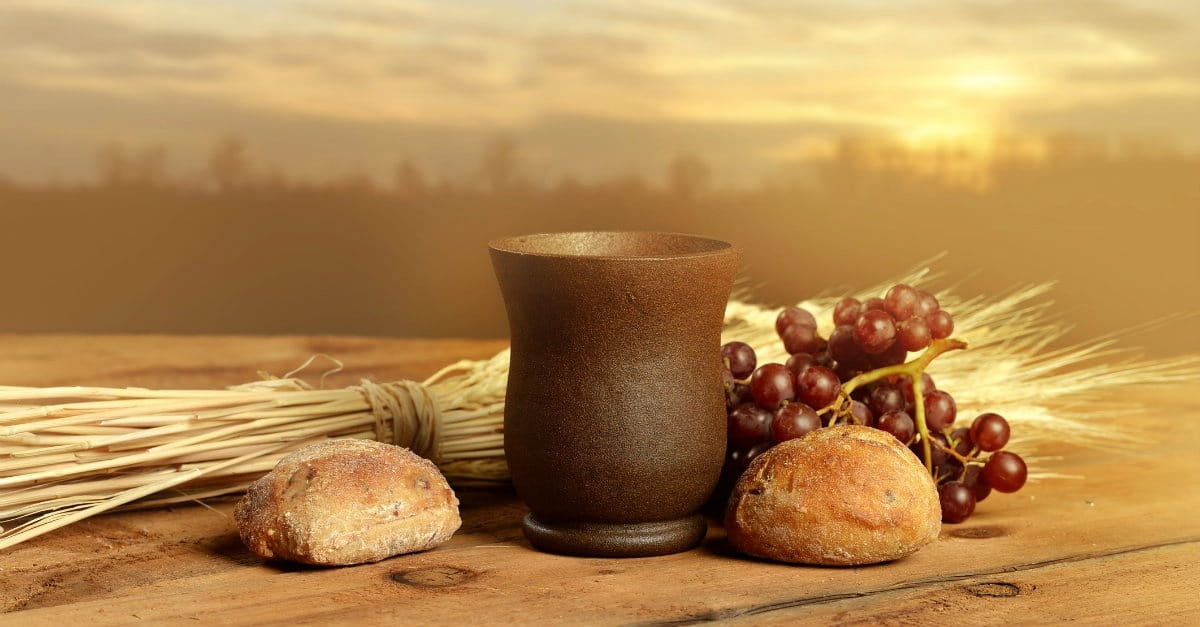
Guest Blogger: The Rev. Fr. Gregory Nicholas Christakos
Today the grace of the Holy Spirit has brought us together. And all of us take up Your Cross and say to You: “Blessed are You, the One, who is coming in the name of the Lord. Hosanna in the highest!”
The above is a hymn from the vesper service for Palm Sunday in the Orthodox Church (this year we celebrate Palm Sunday a week after our western brothers and sisters). The phrase “has brought us together” is not just a reference to people being in church. Rather, it refers to a monastic practice where, during Lent, the brother monks would go their own way and return to church for Holy Week. This voluntary fasting from communion is of course very different than our involuntary fast that we are now going through, but it does show there is precedence. The Orthodox Church recently celebrated St. Mary of Egypt, a desert recluse who received communion on the day she became a Christian and then lived by herself in the desert, not receiving until 47 years later on the day she reposed. And Orthodox churches have closed in past years during pandemics for the safety of all.
I maintain that there are really two types of communion in a Christian context. There is of course the receiving of the body and blood of Christ during the service. But there is also the communing with each other – praying together during service and then the socializing during coffee hour. We are currently missing both of these things in our lives. We can’t do anything about receiving communion at the moment, but there are benefits. As with anything we do on a regular basis, it can be easy to take communion for granted. This fast from communion gives us a chance to reflect on the sacrament and how if fits into our lives.
The social aspect of communion – praying together and socializing together – is something that we can actually take on. Technologically, we are in a place where we can have meetings online and virtual get togethers. But we don’t even need to use the latest technology to communicate with friends. An actual phone call allows us to communicate in a way that texting or email doesn’t. In this uncertain time where everyone is to some extent on the edge there is a great opportunity to reach out to family and friends that, due to the usual hectic pace of our lives, we may normally neglect.
By the time Jesus got to the cross, many had abandoned him. In the Gospels he goes from speaking to large crowds to having a very small number of companions by the very end. As bleak as this was, there was hope in the Resurrection. Our own hope in the Resurrection, the most important event in history, is the same hope that leads us to know we will one day be together in church with our friends and family.
 The Rev. Fr. Gregory Nicholas Christakos is Priest at Sts. Anargyroi Greek Orthodox Church in Marlborough, Massachusetts
The Rev. Fr. Gregory Nicholas Christakos is Priest at Sts. Anargyroi Greek Orthodox Church in Marlborough, Massachusetts

